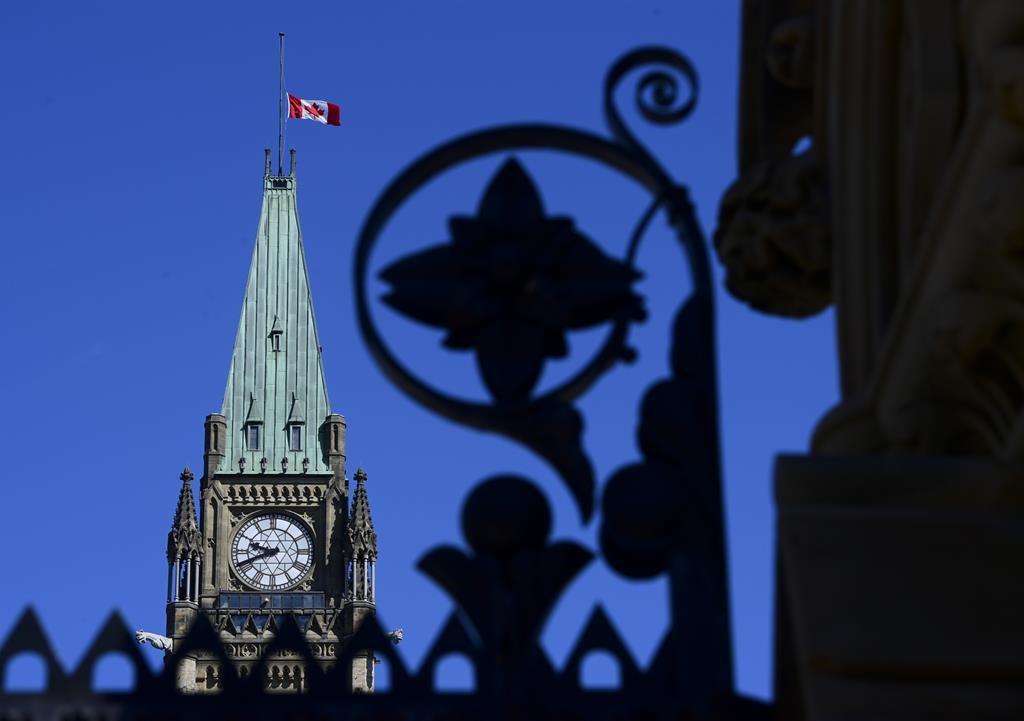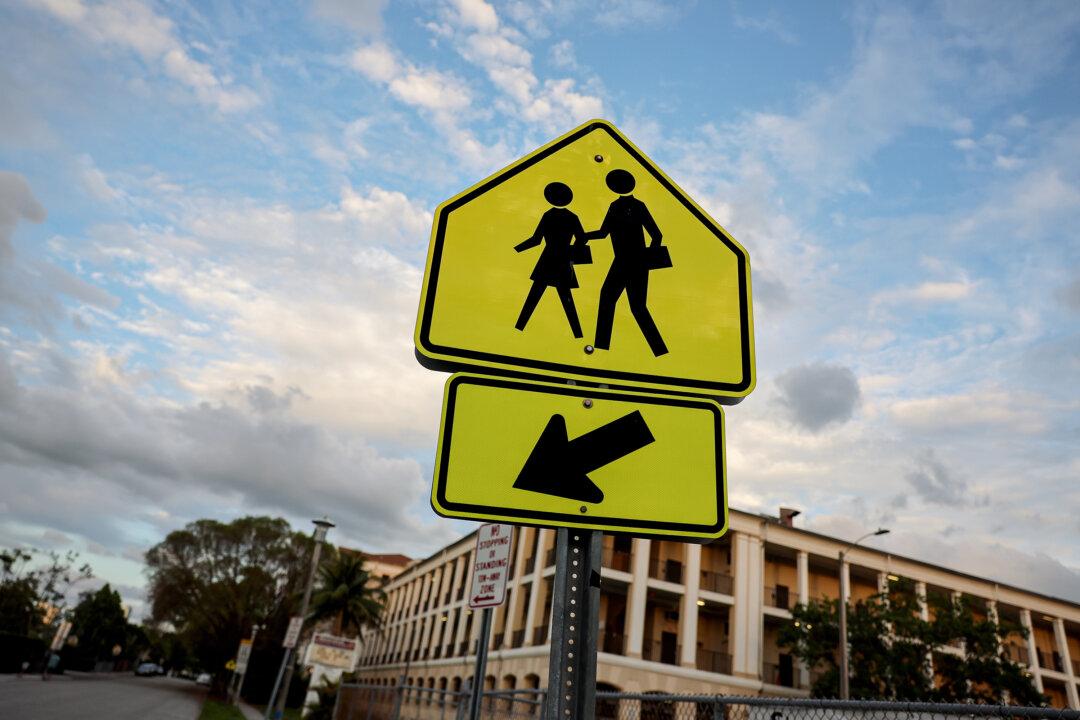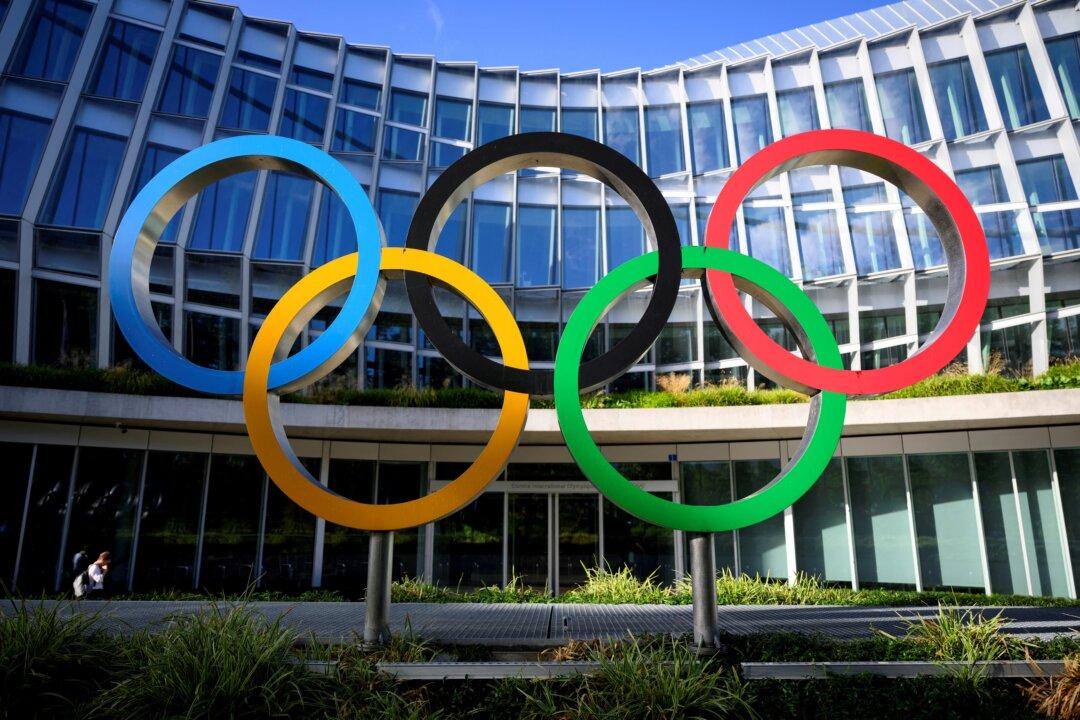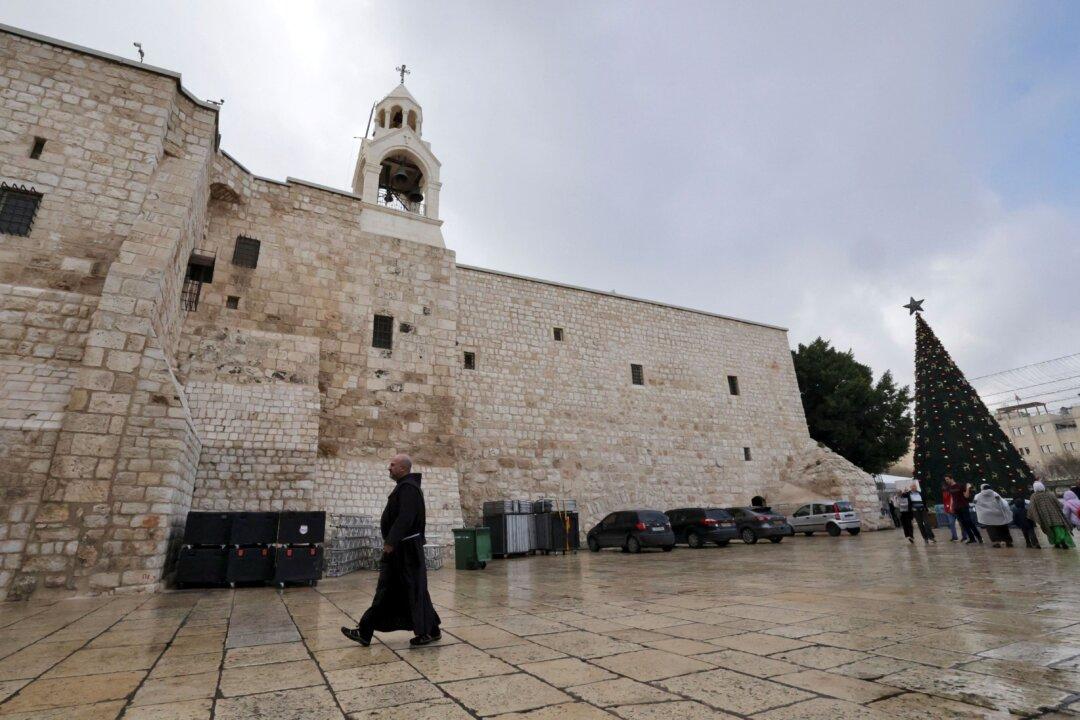Commentary
On April 1, a new website was launched by the Indian Residential Schools Research Group (irsrg.ca) whose mission is to share with the public historical materials concerning the residential-school system, materials that uphold “the highest standards of research, evidence, and logic in the pursuit of the truth, wherever that may lead. Most importantly, we believe only through truth can there be reconciliation.”





